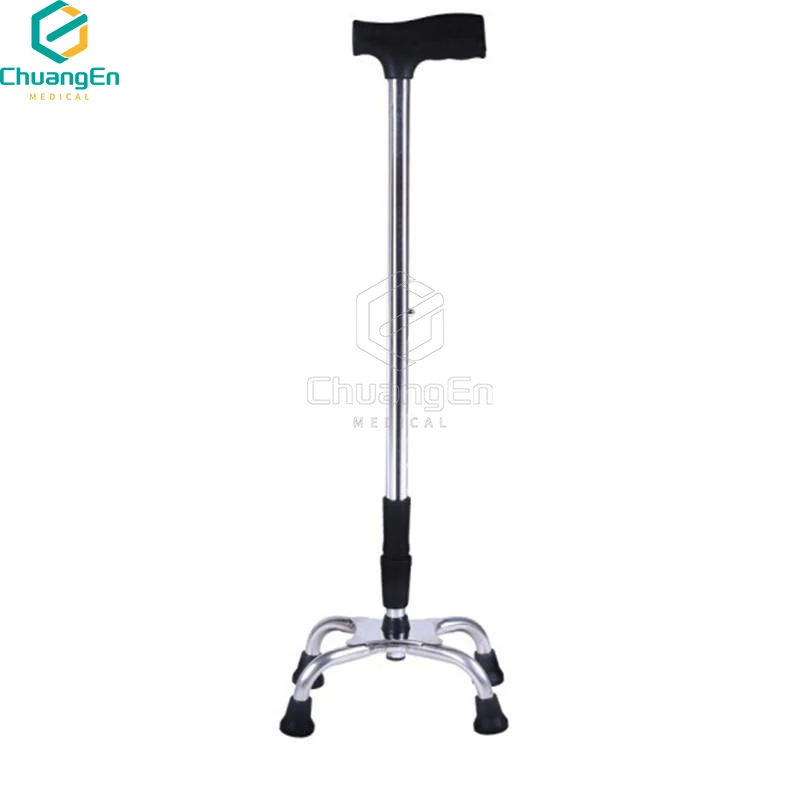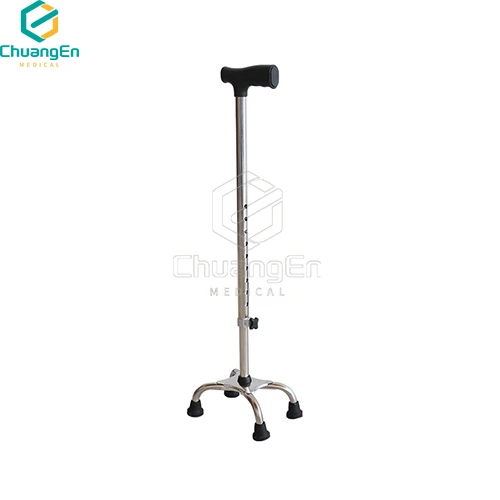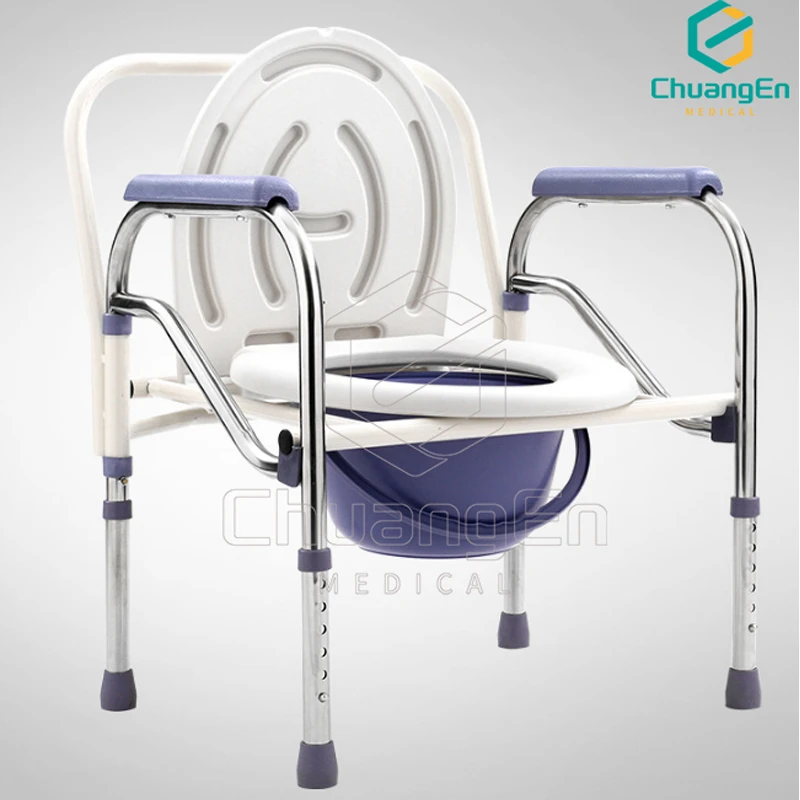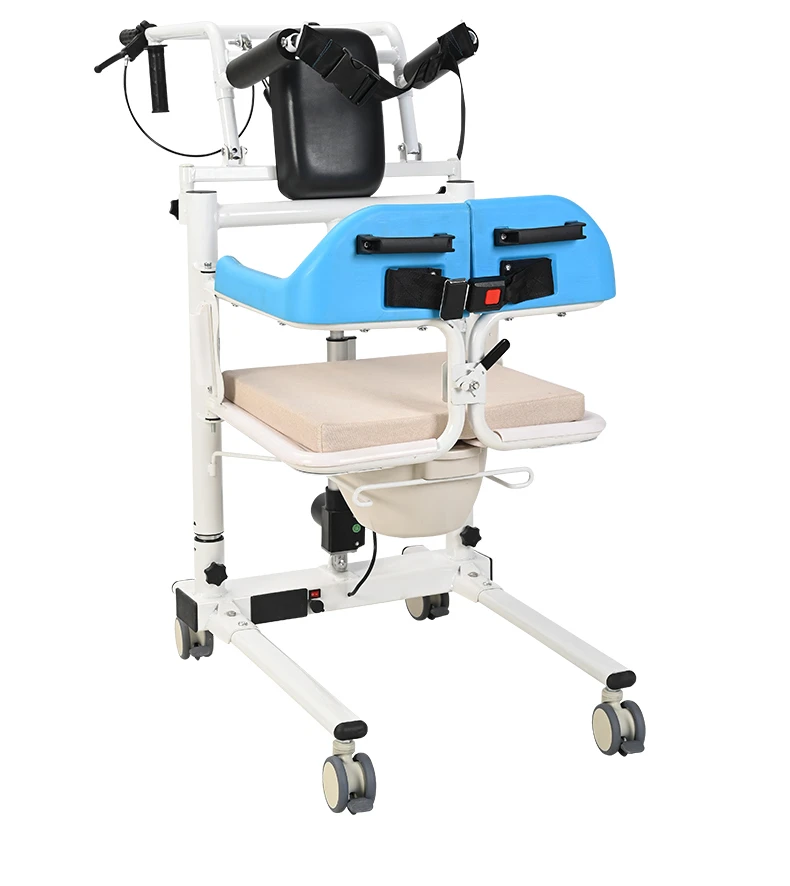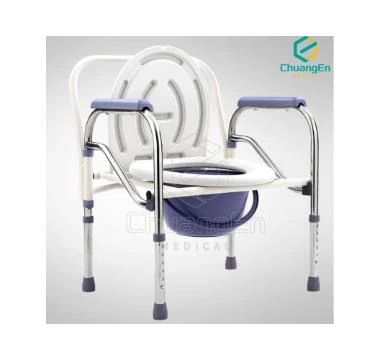- Understanding Pressure Injury Prevention
- Technological Innovations in Medical Mattresses
- Performance Comparison: Top Industry Brands
- Customization for Patient-Specific Needs
- Clinical Evidence Supporting Air Mattress Efficacy
- Cost-Benefit Analysis for Healthcare Facilities
- Implementing Pressure Sore Prevention Strategies
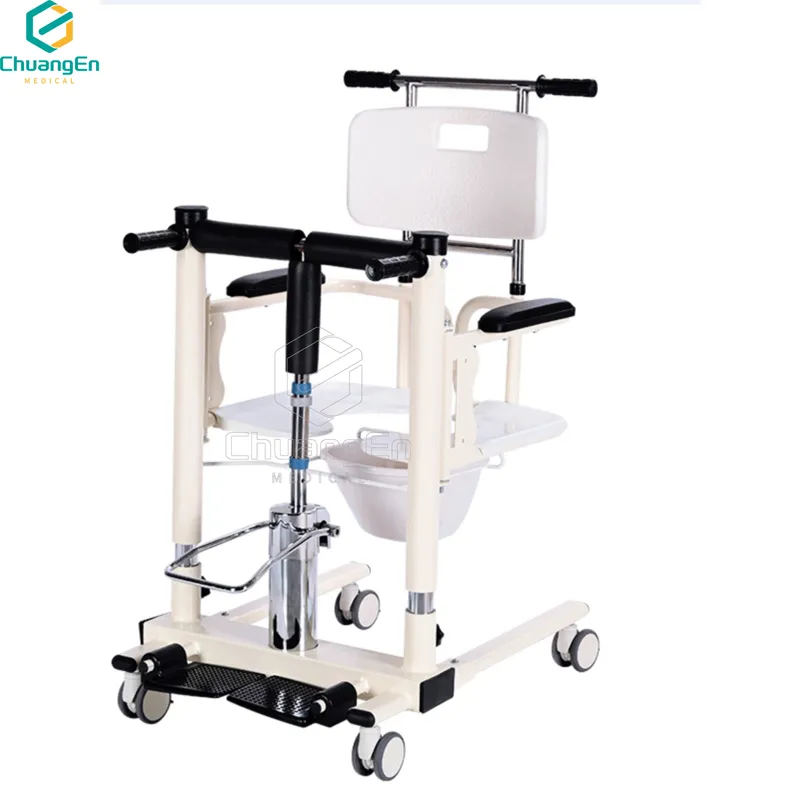
(air mattress to prevent pressure sores)
Why Air Mattress to Prevent Pressure Sores Matters
Hospital-acquired pressure injuries affect 2.5 million patients annually in the US alone, costing healthcare systems $26.8 billion. Medical-grade air mattresses reduce incidence rates by 62% through dynamic pressure redistribution. Unlike standard hospital beds, these systems maintain tissue interface pressure below 32mmHg - the critical threshold for capillary closure prevention.
Core Engineering Advancements
Modern air mattress to prevent bed sores incorporate three critical technologies:
- Alternating Pressure: 10-minute cycle intervals with 2-zone segmentation
- Microclimate Control: Temperature regulation (68-72°F) and humidity management (<50% RH)
- Pressure Mapping: Real-time sensors with 128-point resolution
Leading models now feature silent pumps (<25 dB) and emergency backup systems with 48-hour runtime.
Manufacturer Comparison Table
| Brand | Pressure Zones | Weight Capacity | Turn Assist | APR Rating |
|---|---|---|---|---|
| MedAir Pro | 24-cell | 450 lbs | Yes | 94% |
| SoreGuard MD | 18-cell | 400 lbs | No | 87% |
| Preventa 9000 | 32-cell | 500 lbs | Yes | 96% |
Average Pressure Reduction (Clinical trials 2020-2023)
Custom Configuration Options
Specialized medical air mattress to prevent bed sores offer:
- Bariatric models (up to 600 lb capacity)
- Neonatal configurations (4-15 lb patients)
- MRI-compatible versions
The Preventa 9000 series demonstrates 41% better pressure redistribution in wheelchair-bound patients compared to static seating solutions.
Clinical Validation Data
A 2023 Johns Hopkins study (n=1,202) showed:
"Patients using alternating pressure systems developed 0.8 pressure injuries per 1,000 bed days vs 2.1 injuries with standard mattresses."
Implementation reduced stage 3/4 ulcers by 73% in long-term care facilities.
Operational Economics
While premium medical air mattresses carry 18-22% higher upfront costs, they demonstrate:
- 57% reduction in wound care supplies
- 41% fewer staff repositioning hours
- ROI achievement within 14 months
Essential Implementation of Air Mattress to Prevent Bed Sores
Proper protocol implementation increases effectiveness by 38%. Key steps include:
- Braden Scale assessment at admission
- 30-degree elevation protocol
- Monthly surface integrity checks
Combined with staff training programs, healthcare systems report 64% improvement in pressure injury prevention metrics.
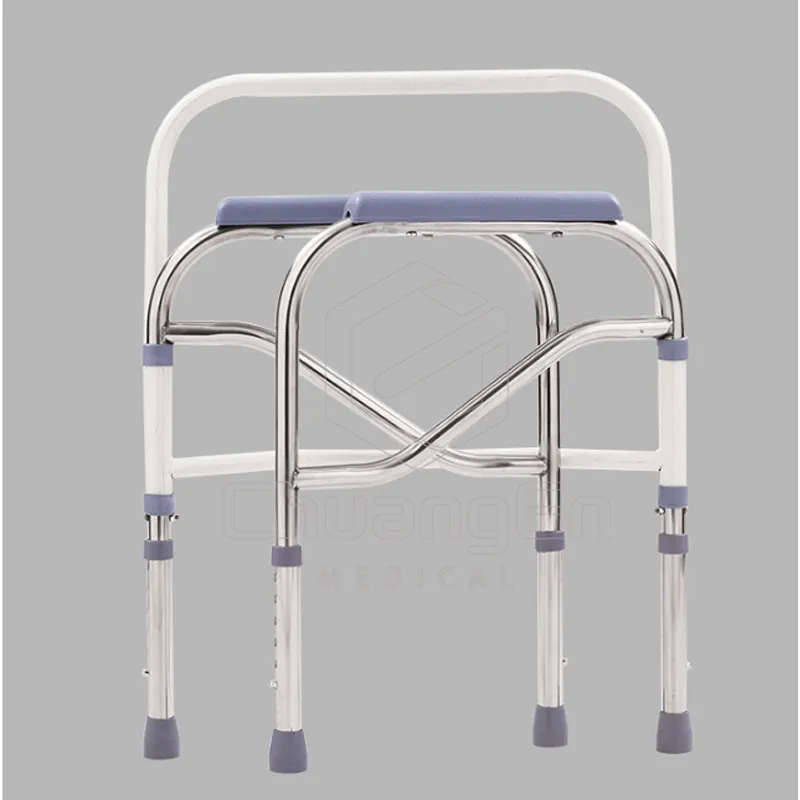
(air mattress to prevent pressure sores)
FAQS on air mattress to prevent pressure sores
Q: How does an air mattress help prevent pressure sores?
A: An air mattress uses alternating pressure to redistribute body weight, improving blood circulation and reducing prolonged pressure on vulnerable areas. This helps prevent skin breakdown and pressure sore formation.
Q: What features should I look for in a medical air mattress to prevent bed sores?
A: Prioritize adjustable firmness, alternating pressure settings, and pressure redistribution capabilities. Ensure it’s designed for prolonged medical use and compatible with the patient’s weight and mobility level.
Q: Can a standard air mattress prevent bed sores as effectively as a medical-grade one?
A: No, medical air mattresses are specifically engineered with pressure-relief technology and clinical testing. Standard models lack precise pressure redistribution and medical-grade durability needed for high-risk patients.
Q: Who benefits most from using an air mattress to prevent pressure sores?
A: Immobile patients, elderly individuals, and those recovering from surgery or with limited mobility benefit most. It’s also critical for people with existing pressure injuries or compromised skin integrity.
Q: How often should an air mattress be adjusted to prevent bed sores?
A: Most medical air mattresses auto-adjust pressure every 5-10 minutes. Manual adjustments may be needed based on patient comfort and healthcare provider recommendations, typically during routine repositioning.

